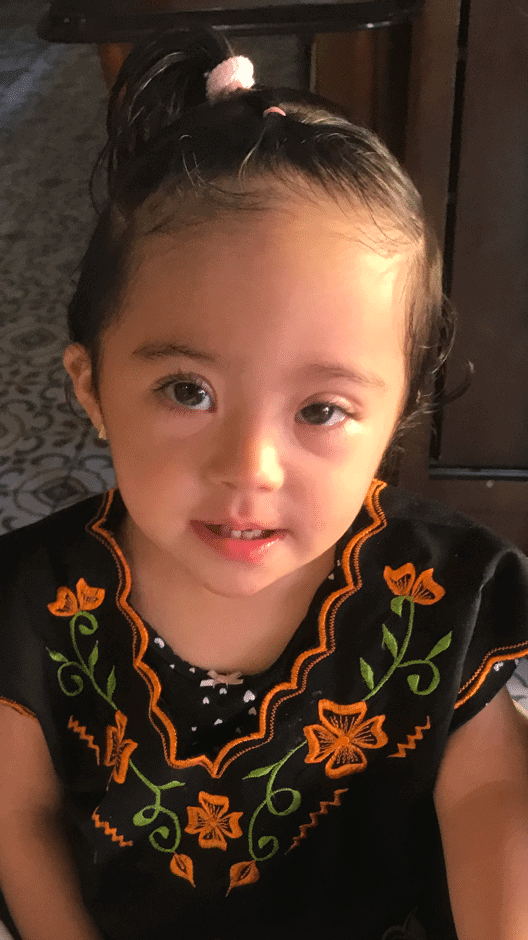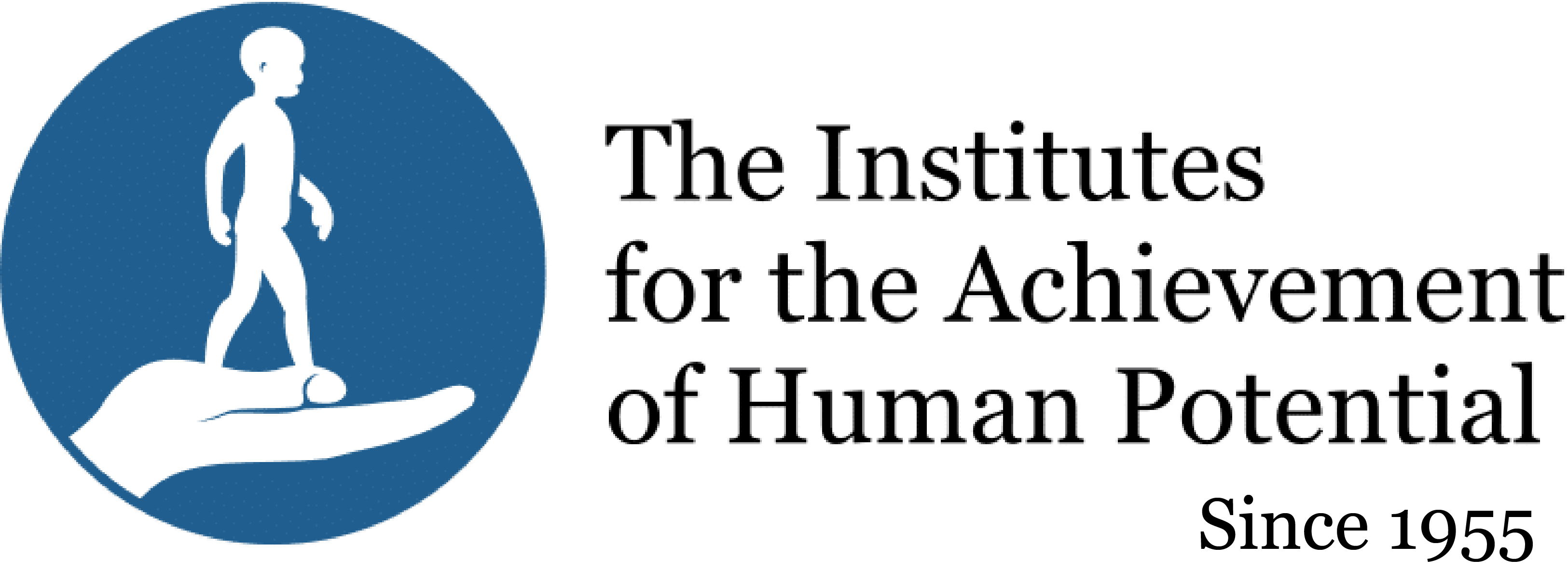- About
-
-
-
-
-
Connect with us
-
-
- Special Needs Child
-
-
-
-
-
Upcoming Course
-
-
- Early Development
-
-
-
-
-
Upcoming Courses
-
-
- Success Stories
- Store
- Consultation/Consulta
Call us +1 (215) 233-2050
- Search
Trisomy 21 or Down syndrome
Is a Trisomy 21 diagnosis for life?
Understanding Trisomy 21 & Down syndrome
Trisomy 21, or Down syndrome, is a genetic condition that is caused by the presence of a third copy of chromosome 21 (hence the name Trisomy 21).
Children with Trisomy 21, labeled as having Down syndrome, have a pattern of malformations that are pathogenetically related. It was believed that these genetic problems were the complete explanation as to why these children could not function as well as other children. As a result, it has been assumed that they could not be treated or helped. This is not the case.
The Institutes does not treat the genetic disorder. However, these children are brain-injured as a result of their genetic problems. Those injuries may be mild, moderate, severe, or profound, just as they are in other brain-injured children.


Recovering from Trisomy 21
Down syndrome is a label rather than a diagnosis. A proper diagnosis describes where the problem exists, the degree of the problem, and the extent of the problem. It is necessary to treat the brain, where the problem actually exists to be successful.
Parents may wish bring their child to The Institutes. After a detailed history is taken and a careful and thorough evaluation is completed, a diagnosis is made and a home treatment program is designed for each child and carefully taught. The Institutes presents courses for parents where they can learn how to successfully provide enrichment and opportunity at home to help their child progress.
Myths & Facts About Trisomy 21
Myths
- They are incurable due to a genetic abnormality.
- They will never move, learn, speak or live normally.
- They are “mentally retarded”.
Facts
- They have neurological problems and can develop like other children.
- They can live a normal life.
- They are intelligent.
Trisomy 21 Success Stories
Parents from around the world have helped their children with Down syndrome move along the path to wellness. Using the programs developed by The Institutes, children diagnosed with Down syndrome have been able to improve function and, in many cases, perform at peer level-and above.

Suri – Age 3
“When Suri was two years old, I attended the “What to do about your Brain Injured Child” Course in Philadelphia, USA and my husband did it soon after. For twelve months we have been on the Intensive Treatment Program and haven’t looked back."

Ana Sofia – Age 2
Ana Sofia’s mother realized her daughter had slightly flattened facial features and poor muscle tone. Her doctor told her that Ana Sofia had Trisomy 21. But with the help of The Institutes, Ana Sofia crawled, crept, walked, laughed, and read before she was 2 years.

Manuela – Age 4
One little girl with an extra chromosome and no mother or father finds the family she deserves.
Get The Tools You Need To Support Your Child’s Development
Upcoming Courses
For Parents of Hurt Children

What To Do About Your Brain-Injured Child
A life-changing course. Parents learn what to do, how to do it and why it works. Presented in English & Spanish

 Donate
Donate
